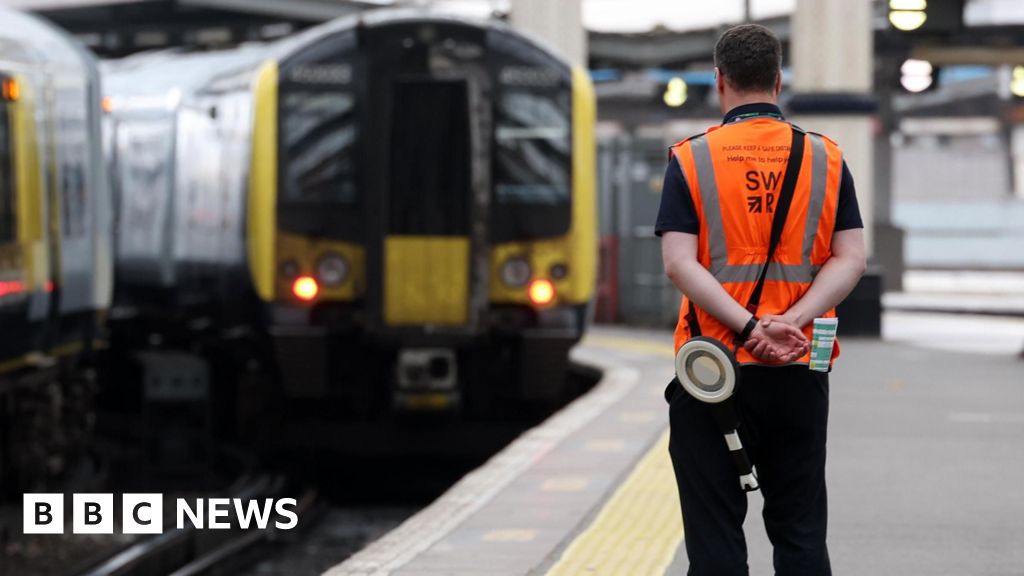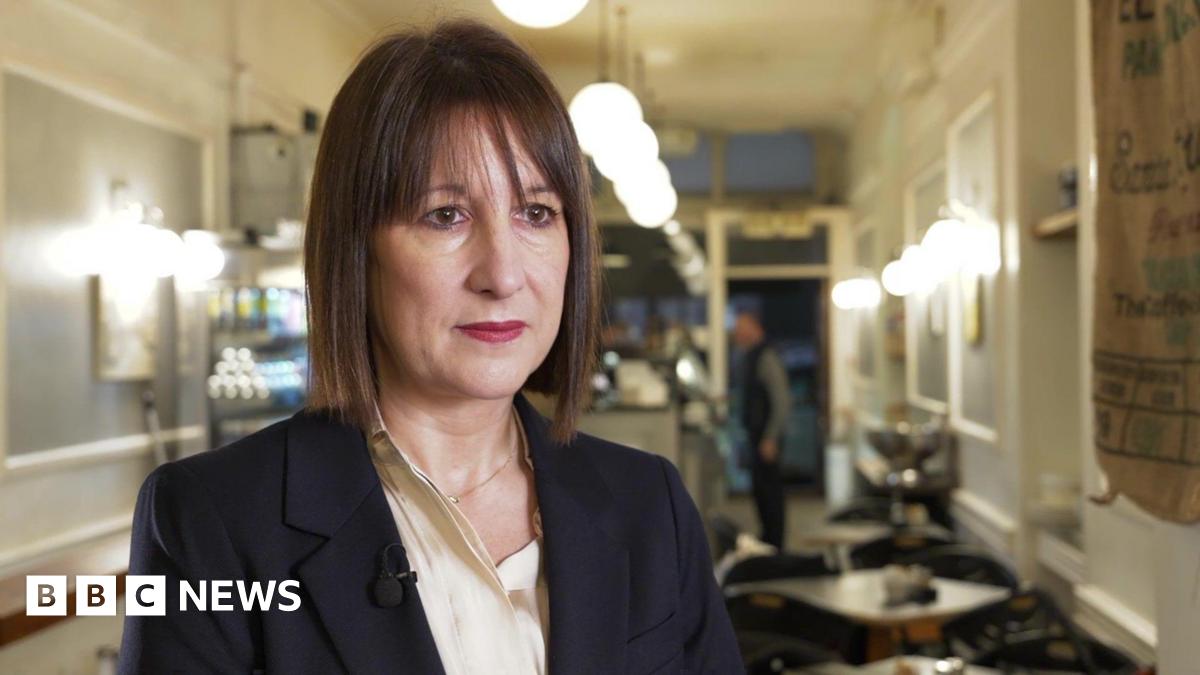The breakthrough heralds the end of industrial action with 16 train operating companies, which saw drivers stage 18 strikes and take part in several overtime bans, leading to cancelled services.
Some strikes caused an almost complete shutdown of railway lines in England and some cross-border services, including during major sporting and public events.
Aslef, which claims to represent more than 21,000 train drivers, said 96.6% of its membership who voted backed the deal. The turnout was 88.5%.
The government has refused to release a figure of what the average salary of a train driver will be following the pay rises. In 2023, the average wage was £60,055 per year, according to the Rail Delivery Group, which represents train companies.
Based on the pay increases announced by the union, the BBC has calculated an average salary is estimated to be about £69,000 in 2024/25.
The union said that when compounded, the offer works out at 15%, is backdated, pensionable and includes drivers who retired or left the industry during the dispute.
Mick Whelan, the union’s general secretary, said the vote marked the end of the longest train drivers’ strike in history.
“It was not a fight we sought, or wanted. All we sought after five years without a pay rise, working for private companies who, throughout that period, declared millions of pounds in profits and dividends to shareholders, was a dent in the cost of living,” he said.
Credit: Source link











